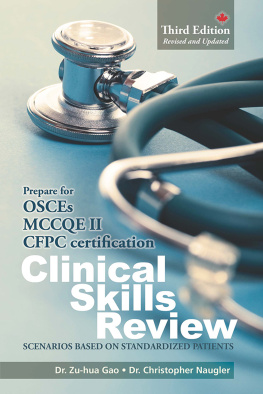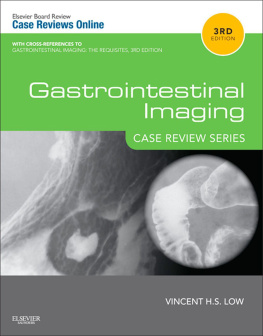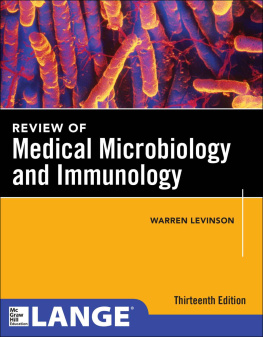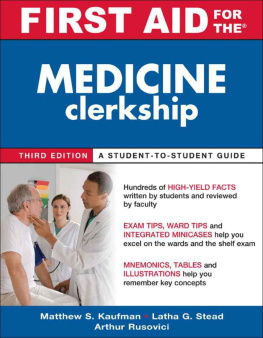Zu-hua Gao - Clinical Skills Review: Scenarios Based on Standardized Patients
Here you can read online Zu-hua Gao - Clinical Skills Review: Scenarios Based on Standardized Patients full text of the book (entire story) in english for free. Download pdf and epub, get meaning, cover and reviews about this ebook. year: 2013, publisher: Brush Education, genre: Detective and thriller. Description of the work, (preface) as well as reviews are available. Best literature library LitArk.com created for fans of good reading and offers a wide selection of genres:
Romance novel
Science fiction
Adventure
Detective
Science
History
Home and family
Prose
Art
Politics
Computer
Non-fiction
Religion
Business
Children
Humor
Choose a favorite category and find really read worthwhile books. Enjoy immersion in the world of imagination, feel the emotions of the characters or learn something new for yourself, make an fascinating discovery.
- Book:Clinical Skills Review: Scenarios Based on Standardized Patients
- Author:
- Publisher:Brush Education
- Genre:
- Year:2013
- Rating:4 / 5
- Favourites:Add to favourites
- Your mark:
Clinical Skills Review: Scenarios Based on Standardized Patients: summary, description and annotation
We offer to read an annotation, description, summary or preface (depends on what the author of the book "Clinical Skills Review: Scenarios Based on Standardized Patients" wrote himself). If you haven't found the necessary information about the book — write in the comments, we will try to find it.
More cases = more success on your exam
When you take your clinical skills exam, every case you know counts. Prepare quickly and efficiently for your clinical exam with the updated third edition of this bestselling OSCE study guide. Written by Canadian doctors, Clinical Skills Review presents 134 cases based on scenarios youll encounter on the MCCQE II and CFPC certification exams.
An essential resource for Canadian medical students and international medical graduates seeking a licence to practise medicine in Canada, Clinical Skills Review is also a valuable supplemental guide for the USMLE Step 2 CS.
Features of the new edition include:
- Comprehensive coverage of typical clinical situations.
- A systematic approach to clinical skills.
- Indexes of cases and medical abbreviations for easy reference.
- Time-tested mnemonics to help you excel on the exam.
- Aids for group study, since practice is the best way to prepare.
- Cases organized by categories found on the MCCQE II: Medicine, pediatrics, obstetrics and gynecology, preventive medicine and community health, psychiatry and neurology, and surgery.
Zu-hua Gao: author's other books
Who wrote Clinical Skills Review: Scenarios Based on Standardized Patients? Find out the surname, the name of the author of the book and a list of all author's works by series.








